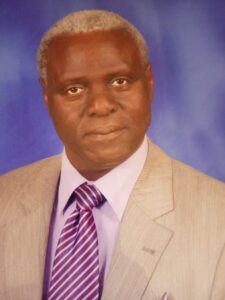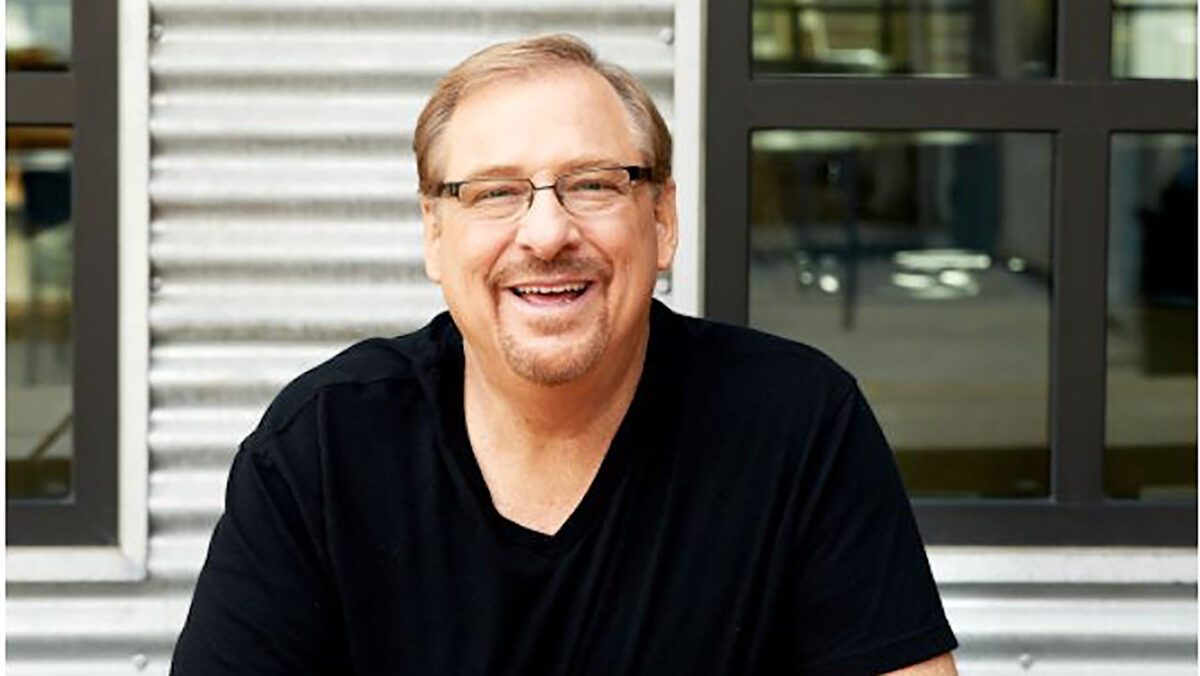To lead a productive and successful life, we need to exercise self-discipline. Let us be honest. For most of us, our life is a work in progress wrapped in good intentions, procrastination, and feelings of failure. But it does not have to be. Self-discipline, like everything else, is a practice. Not every day will be perfect, but each day with its failures and small wins is progress, and that is what self-discipline is all about.
There are steps we can take today to build self-discipline. Coupled with a healthy understanding of what self-discipline is and a little inspiration, we can exercise the tools we need to develop a practice of self-discipline in everything that we do.
Willpower is what separates us from the animals. It is the capacity to restrain our impulses, resist temptation and do what is right and good for us in the long run, not what we want to do right now. It is central, in fact, to civilization as Dr. Roy Baumeister said. We should know that our ability to discipline ourselves to set clear goals, and then to work toward them every day, will do more to guarantee our success than any other single factor.
Stephen Covey once stated that the ability to subordinate an impulse to a value is the essence of the proactive person and J.K Rowling stated that it is our choices that show what we truly are, far more than our abilities.
Successful people strive no matter what they feel by applying their will to overcome apathy, doubt or fear. Self-discipline gives us the ability to overcome our emotional mind by moving forward with physical action. Developing self-discipline does more than help you get ahead in your career, business or personal ministry. It has been proven to help people. The achievement of difficult goals entails not only talent but also a sustained and focused application of talent over time, or what we would call self-discipline.
We need to decrease anxiety. When we experience negative emotions, human beings tend to distract themselves by doing or thinking about something else. We should realize that improving self-control may help us deal with anxiety-related problems and increase physical health. People who demonstrate regular self-discipline are better able to resist the use of health-damaging substances like tobacco and alcohol.
Self-control is also linked to lower rates of obesity and addiction. The capacity for self-control is a capacity for empathetic perspective taking, It is the ability to step outside one’s own point of view. We need to take steps that allow us to override our automatic defensive reactions and adopt more constructive behaviours that contribute to healthier, happier relationships.
We need to:
- Know where we struggle. We should start by writing down what you do in a day. Then, reflect on what we value and ask ourselves whether our behaviours uphold those values. There are likely a few things we are doing each day that do not honour those values.
During the identification phase, it is helpful to ask for feedback from the colleagues, mentors, and family members who know us best. We need to see if there is an overlap between how others see our actions and how we have self-identified our weaknesses. Once have honed in on a few areas to improve, we ought to put together a plan of attack, such as, “One of my weaknesses is to procrastinate calling prospects until it is too late in the day. This puts me behind for the rest of the week and makes it tough to meet goals.
- We should know how we succeed. It is important to be honest about our work patterns. If our mornings are consumed by non-work-related events and that is when are supposed to be most productive, that is not good. We should know when we do our best work and schedule around it. We need to protect our ability to succeed at work. We need to promote a healthier environment for ourselves and healthier results for our organizations.
- We need to identify and write down our clear goals. The act of writing down goals forces us to visualize the goals themselves, how to achieve them and what steps we need to take to get there. Therefore, we should set out to become the best version of ourselves, whether at work or in our personal life by identifying our goals and writing them down.
- We should visualize our outcome. When we imagine something vividly, our brains chemistry changes as if we have actually experienced it. Visualizing positive outcomes like when we make it to the top of our activity we are going to treat ourselves to an excellent dinner, gives us the positive feelings associated with ascending to the top while reducing feelings of insecurity. This makes it easier for us to overcome feelings of fear and take actionable steps toward achieving our goals.
- We should not wait for it to feel right. If we wait for our schedules to be perfect, our desk to be clutter-free, or our inbox to reach a manageable level, we might never get started on the work that needs to be done. That is why we need to embrace every moment as having just what we need to do our best work.
- We need to start small. Inspired to wreck our bad habits and transform yourselves into the ideal people we want to be. Yes, we can start small. Overhauling our work habits in one week is a recipe for burnout and disaster. We should instead, pick a few small habits to focus on each week. After a few weeks of improving one habit at a time, we might surprise yourselves with how much more productive and self-disciplined we have become.
- We need to get a mentor. There are things we can discuss with a mentor we might not be comfortable approaching with a parent, a colleague or manager. If we want to stop wasting so much time on social media when we are supposed to be prospecting, we might feel better bringing that challenge to our mentor rather than our boss. Mentors generally have more experience, know us well, and can give us the unvarnished advice and feedback we need to succeed not only in our current job but in our career or business as well.
- We need to practice, fail, and start over again.
It is not that those with self-discipline never have days when they fail. It is that they do these things, then they wake up the next morning and try to make better decisions.
We should know that self-discipline is the act of trying, failing, and trying again.
- We should know how we should measure progress. If we do not know how we will track progress, it will be difficult to know whether we are succeeding. Once we have determined the details of our goal, we ought to decide what success looks like. We should determine what success looks like, so that we know how to measure it.
- We should take care of ourselves knowing that self-discipline is worth very little if we are killing ourselves to achieve it. We need to realize that part of self-discipline is taking care of ourselves. Breaks throughout the day, a healthy diet, plenty of sleep, and healthy relationships make the world and us go round. In fact, it has been shown that mindfulness exercises like taking a short walk, noticing five things around you, or identifying two smells can actually increase productivity in the workplace.
- We should treat ourselves. Do we want our good habits to stick? It has been proven that rewarding ourselves is key. Deprivation means we start justifying bad behaviours. We should give yourselves treats throughout our self-discipline practice. These treats, whether a nice dinner or a new pair of shoes, will help us feel energized, restored, and never deprived.
- We should forgive ourselves. Just as importantly, we must forgive ourselves when we slip. Failure is inevitable and we will fail. What is important is that we move on. To do that we have got to forgive ourselves. It is not about giving ourselves grace to not measure up. It is viewing everything realistically and remaining disciplined and clear in our thinking.
Acts 24:22-23 says: “Then Felix, who was well acquainted with the Way, adjourned the proceedings. When Lysias the commander comes, he said, I will decide your case. He ordered the centurion to keep Paul under guard but to give him some freedom and permit his friends to take care of his needs”.
This is an account of one of God’s inscrutable delays, which often afflict us. We think that something we want to have happen is just around the corner. Then as we move toward it we find that it seems to move away from us, recede from us, elude us. Sometimes it takes us months or years to reach a point which we thought was right there. These circumstances raise questions in our minds and hearts. So was the case with the apostle Paul. Here we begin to see God’s discipline of delay.
Felix really doesn’t need to have Lysias come down. He has already received from him a letter exonerating Paul. But he uses this as an excuse, in order that he might hear something more from the apostle. Felix’s curiosity has been awakened and, as Luke the writer of the book of Acts tells us, he knew something about Christianity, and he wants to hear more. So he retains Paul in custody, even though he has every legal right to set him free. Now, we should not blame Felix, because he was being used as an instrument to carry out God’s purposes with Paul. This is the work of a loving, heavenly Father who is concerned with a beloved son whom he disciplines. Remember that Paul, by disobedience, despite the consistent warnings of the Holy Spirit, had chosen the pathway which led to bonds and imprisonment. He had disobeyed the direct command of the Spirit that he should not go up to Jerusalem.
There is a very instructive lesson here for us. It is simply that when we disobey God and are later forgiven, as Paul was forgiven and restored, that forgiveness does not change the pathway we have chosen. God does not eliminate the trials and the difficulties we have deliberately assumed. What the forgiveness does is to restore to that pathway all the power and joy and gladness that was our experience before we walked in disobedience. You find that this is what happened here with Paul. When he was restored to the fellowship of his Lord by the appearance of the Lord Jesus to him in prison in Jerusalem, as we saw in an earlier chapter, that pathway of imprisonment was not canceled. He remained a prisoner, and ahead of him lay two long, weary years of waiting in Caesarea, and three more in Rome, as a prisoner of the Lord. God did not eliminate that, but he did transform it into a fruitful and profitable experience for the apostle.
This is the point that the Scripture is making for us. We see Paul now going ahead, bound as a prisoner, yet finding, nevertheless, that the fullness of God’s power and glory is able to work in him just as freely through the channel of imprisonment as it did when he was free. The imprisonment was not comfortable. It added a good deal of agony and heartache to the apostle’s own experience. But the apostle Paul exercised great self-discipline and accepted it as God’s provision for him, and found it to be no less the instrument of God’s working and power than anything else he had experienced before.
May we thank our Father in heaven for the lessons of self-discipline and perseverance we learn from the life of this mighty apostle of God. We see how faithfully God dealt with him! We see how deeply he learned these truths! We see how faithfully he passes them on to us so that we might learn to accept our delays, not as denials, but as opportunities for enrichment and advance. We have to realize that learning to effectively lead yourself and others all comes down to discipline. As we learn from the example of the apostle Paul, self-discipline is the ability to push yourself forward, stay motivated, and take action, regardless of how you are feeling, physically or emotionally.









Wise words from a wise man
